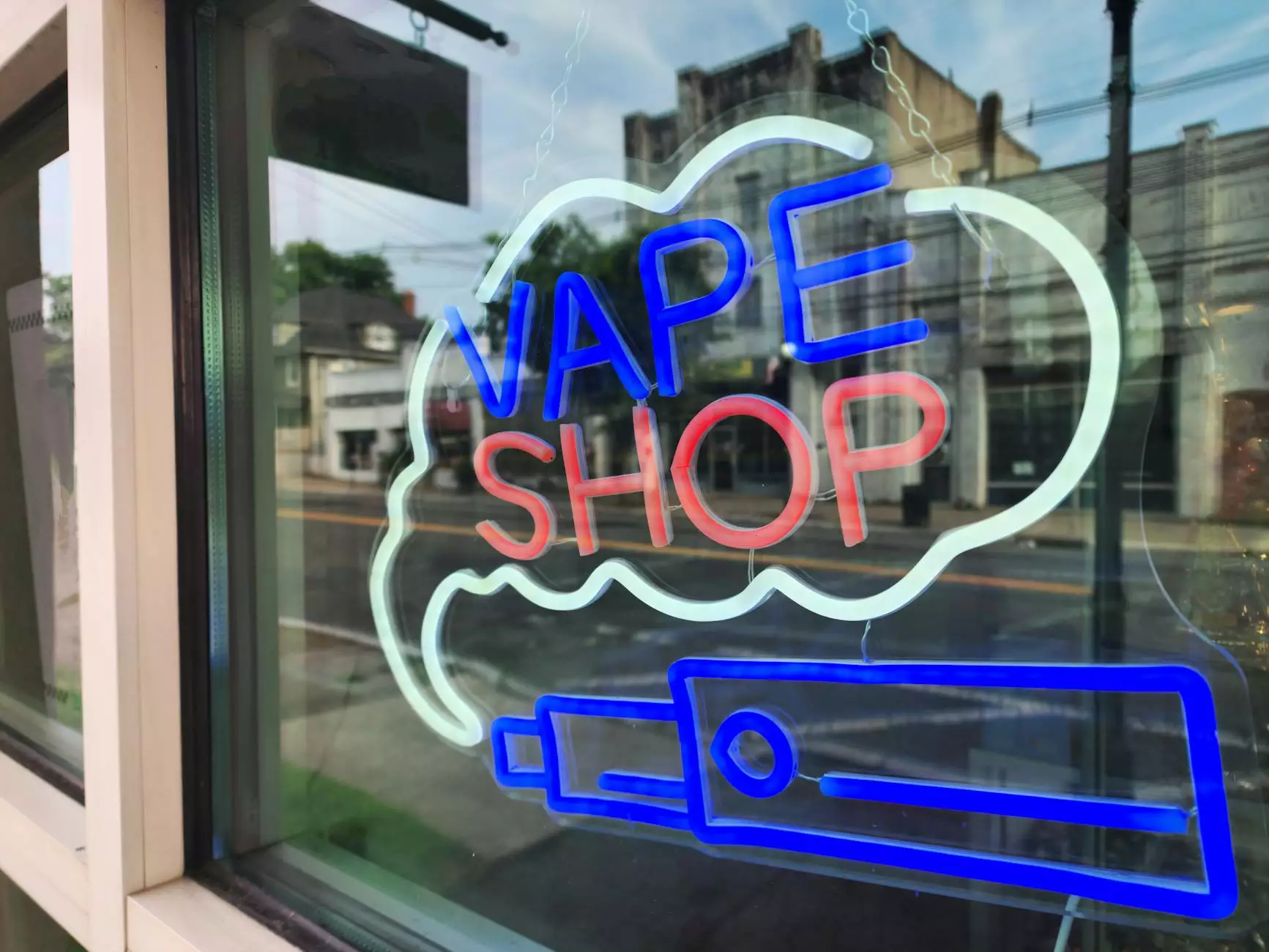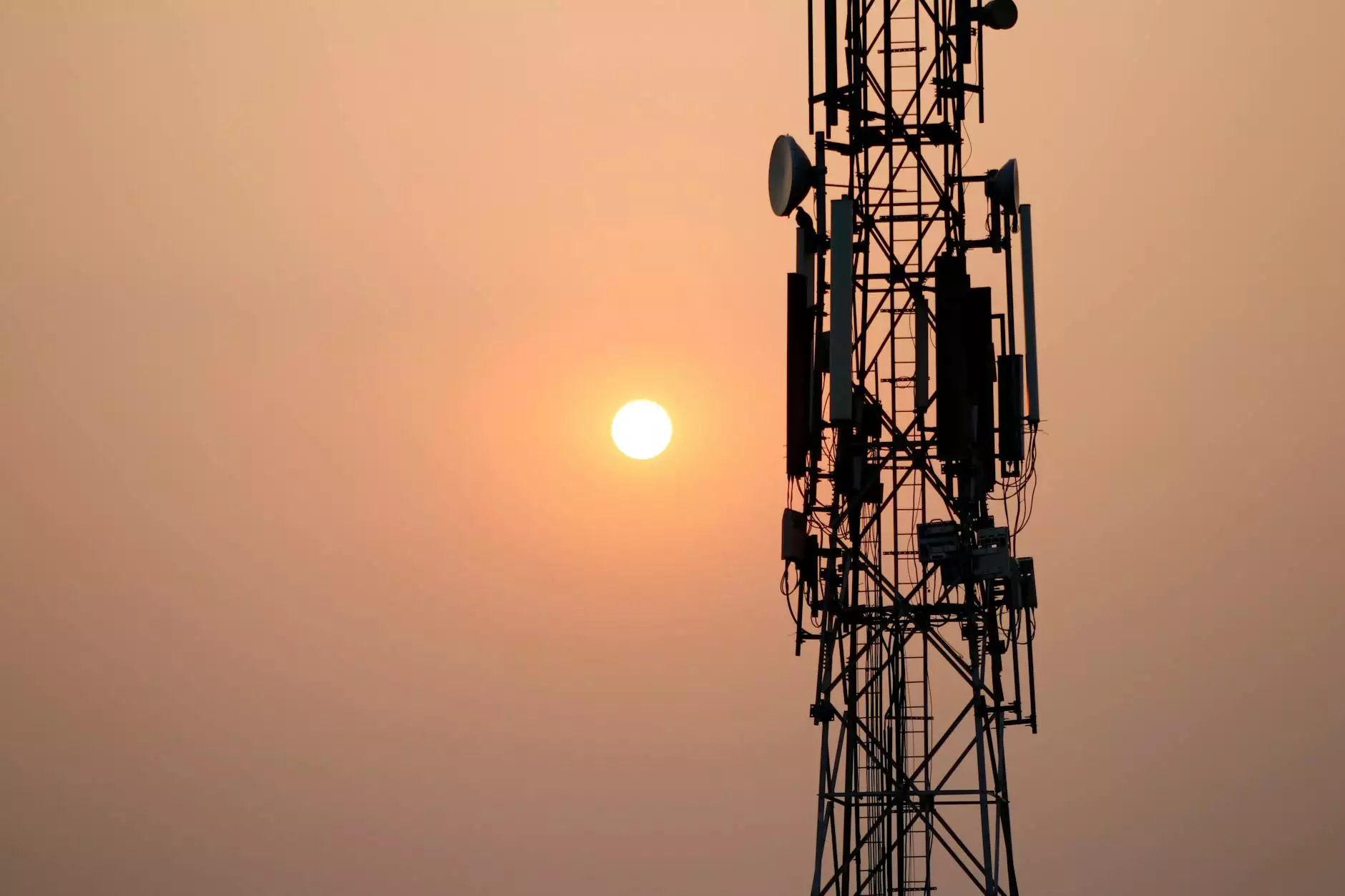Buy Fake Money Online: Exploring Opportunities and Risks

In today's fast-paced digital economy, the concept of buying fake money online has emerged as a controversial yet fascinating topic. While many individuals might perceive the idea as illicit or dangerous, there is an undeniable allure surrounding the realm of counterfeit currency, cash flipping, and cloned cards. This article dives deep into the intricacies of this business, shedding light on the opportunities, potential pitfalls, and the ethical considerations one should contemplate before engaging in such activities.
The Allure of Fake Money
Fake money, or counterfeit currency, has long captured the imagination of individuals looking for quick financial gains. The rise of the internet has further fueled this interest, providing a platform for anonymous transactions and significantly lowering the barriers to entry. Here are some compelling reasons why people consider buying fake money online:
- Quick Financial Gains: The promise of substantial profits in a short time can be very appealing, especially for those in financial distress.
- Access to Underground Markets: The internet offers access to a variety of clandestine services, making it easier to obtain counterfeit goods.
- Thrill of the Chase: For some, engaging in risky ventures can be exciting and fulfilling, offering a sense of adventure often missing from conventional employment.
Understanding Cash Flipping
Cash flipping is one of the key methods employed by individuals looking to profit from fake money. This practice involves using counterfeit bills to purchase goods or services, progressively increasing the amount of fake currency in circulation and aiming to exchange it for real money. The process typically involves:
- Acquiring Fake Currency: Individuals often begin by purchasing fake money online from various sources.
- Making Small Purchases: The strategy usually entails using counterfeit money for small transactions to minimize detection risks.
- Reinvesting Profits: Successful transactions can lead to reinvestment, allowing individuals to buy larger quantities of fake currency.
Cloned Cards: Another Dimension of the Underground Economy
In addition to fake money, the trade of cloned cards — credit or debit cards that have been illegally duplicated — complements the business of counterfeit currency. Similar to cash flipping, working with cloned cards involves:
How Cloned Cards Work
Cloned cards offer a method for individuals to access funds without the legitimate owner's consent. Here's how this process generally operates:
- Data Theft: Criminals often gain access to personal banking information through various means, such as phishing or data breaches.
- Card Duplication: Equipped with stolen information, counterfeiters create cloned cards that mirror the functionality of authentic cards.
- Utilization of Cloned Cards: These cloned cards can then be used for unauthorized purchases or cash withdrawals, usually to avoid detection.
Risks and Consequences of Buying Fake Money
While the benefits of buying fake money online may seem alluring, it is essential to recognize the associated risks and potential legal consequences:
Legal Implications
Engaging in counterfeit currency transactions constitutes a criminal offense in many jurisdictions. The legal implications can include:
- Criminal Charges: Individuals caught using counterfeit currency face serious charges, including fraud and forgery.
- Fines and Restitution: Legal consequences often involve significant financial penalties alongside mandated restitution to affected parties.
- Imprisonment: Convictions may lead to lengthy prison sentences, severely impacting one's future prospects.
The Ethics of Counterfeit Currency
Beyond the legal ramifications, ethical considerations must also be examined. The consequences of engaging in counterfeit currency practices extend beyond individuals, affecting businesses and the economy as a whole. Some ethical considerations include:
Impact on Businesses
Counterfeit currency can significantly harm retailers and other businesses, leading to:
- Financial Losses: Businesses that unknowingly accept counterfeit bills incur direct financial losses.
- Increased Prices: To cover losses, businesses may raise prices, affecting consumers negatively.
- Loss of Trust: Frequent counterfeit incidents can diminish consumer confidence in the overall market.
How to Safeguard Against Counterfeit Currency
For businesses and individuals looking to protect themselves from the impacts of counterfeit money, several preventative measures can be taken:
Utilizing Technology
Technology has provided retailers with innovative solutions to identify counterfeit bills:
- UV Light Detectors: These devices help in identifying the unique markings on legitimate currency.
- Digital Payment Systems: Emphasizing digital transactions can reduce the risk of handling counterfeit money.
- Employee Training: Businesses should invest in training their employees to identify counterfeit bills effectively.
Conclusion
In conclusion, while the notion of buying fake money online might seem tempting, it is essential to weigh the opportunities against the significant risks involved. The potential for quick profits often comes with severe legal and ethical implications that can threaten one's future. As individuals navigate this grey area of the economy, awareness and caution must prevail. The fascination with counterfeit currency and cloned cards should perhaps lead to a deeper understanding of the values of authenticity and legal prosperity.
For those considering involvement in this underground economy, it’s crucial to stay informed about laws and regulations, and to recognize the broader impact of such actions on society.
buy fake money online








